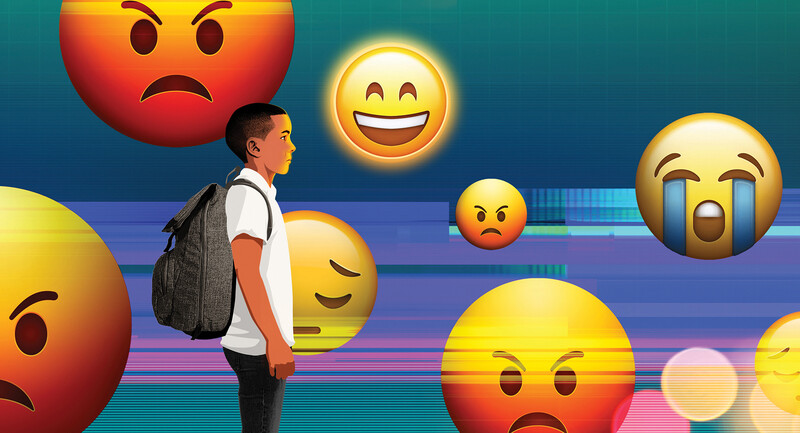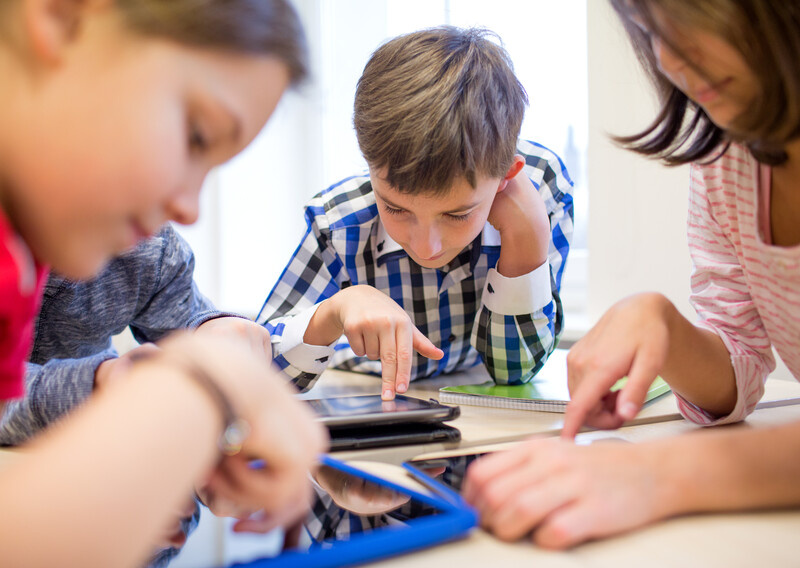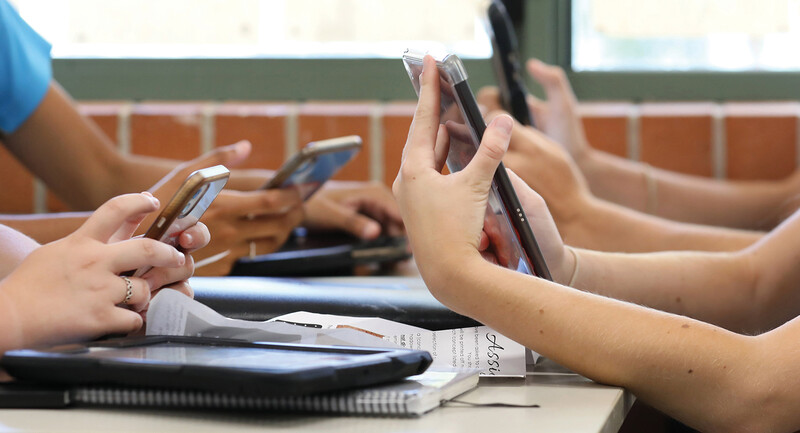We grow up in a series of concentric circles. When things work right, we experience love, respect, and grounding in the innermost circle—the first circle—family and home. We take, but we also learn to contribute. We come to believe in others and in ourselves, and we find the courage to venture into a wider circle.
The second circle is made up of neighborhood, church, school, and the like. The uncertainties here are greater, but when the world works right, we find that those in this circle are also trustworthy. We find power in an expanded citizenship and feel pride in being part of these communities. We learn to respect people who share these spaces with us. "Us" becomes a larger population, and we see ourselves as contributors in a greater sphere.
Beyond the Second Circle
In a good world, the second circle mentors us to reach out to a sequence of ever-expanding circles—our town, our state, our country. As we encounter each new geography, we see landscapes like and unlike our own; houses like and unlike our own; and foods, customs, and problems that are at once both familiar and unfamiliar. We take, and we learn to contribute. We have experiences that diminish us and those that lift us up. In a good world, we conclude that the risks are more than offset by an increased sense of agency, by the feeling that we are somehow freer in these larger spaces, and again, by the belief that we can make a difference.
In the past, the circles of city (or town or village) and state tended to sketch the borders of our citizenship. Even the idea of "nation" was remote to many who didn't venture beyond the circles of village or state or those who were restricted by law, custom, or opportunity from becoming full citizens. Good citizens, in those times, generally cared for their own, and for those an arm's length away.
Global Citizenship in Today's World
The challenge for today's young people—and for the adults who care for and mentor them—is much greater. It's to be constructive participants in a geography that spans the Earth.
It's not that the skills involved in being a good citizen have changed markedly over time. It's that the scope in which young people will need to apply those skills has exploded in geography and complexity. Good citizens have always needed to think critically, listen well, communicate effectively, be problem solvers, practice selflessness, take responsibility for their actions, and operate from an ethic of caring about others. They have always needed to recognize the interconnectedness of people and to understand and identify with the needs and perspectives of those outside themselves.
Now, however, good citizenship calls on us to understand and identify with the world community. We still need to understand and identify with those with whom we share the first, second, and third circles, but also with those in the outermost circles—people whose worlds seem alien to us, whose faces we may never see and whose voices we may never hear.
We need to realize that the quality of our global citizenship is as critical as the quality of our citizenship in the first three circles. It is necessary for us to be students of how the economic decisions of one group affect all other groups, to grasp the benefits of cultural and intellectual diversity, and to be active conservers of all the histories and diversities that simultaneously give us roots and increase our reach. We need to not just tend to our farm plot and the river that runs behind it, but also to tend the planet. We need to seek peace not only with the people "on the other side of the tracks," but also with the people on the other side of the world. We need to face the truth that our own prosperity is counterfeit if it does not improve access to opportunity for those, wherever they are, who fail to thrive. These intentions are ethically right because "we" can no longer flourish if "they" are denied.
We are in a time of some flux in education now—a time of searching for a compass more promising for schools than the singular mission of raising scores on right-answer tests. We would be wise to ensure that our schools and classrooms—powerful elements in young people's second circle—teach the kind of citizenship and craft the kinds of curriculum that equip learners to live judiciously in all of the human circles that will, for the first time in history, be the nexus of their lives.
A tightly knit and intricately connected world can no longer afford to have its young "grow up" without also "growing out."








